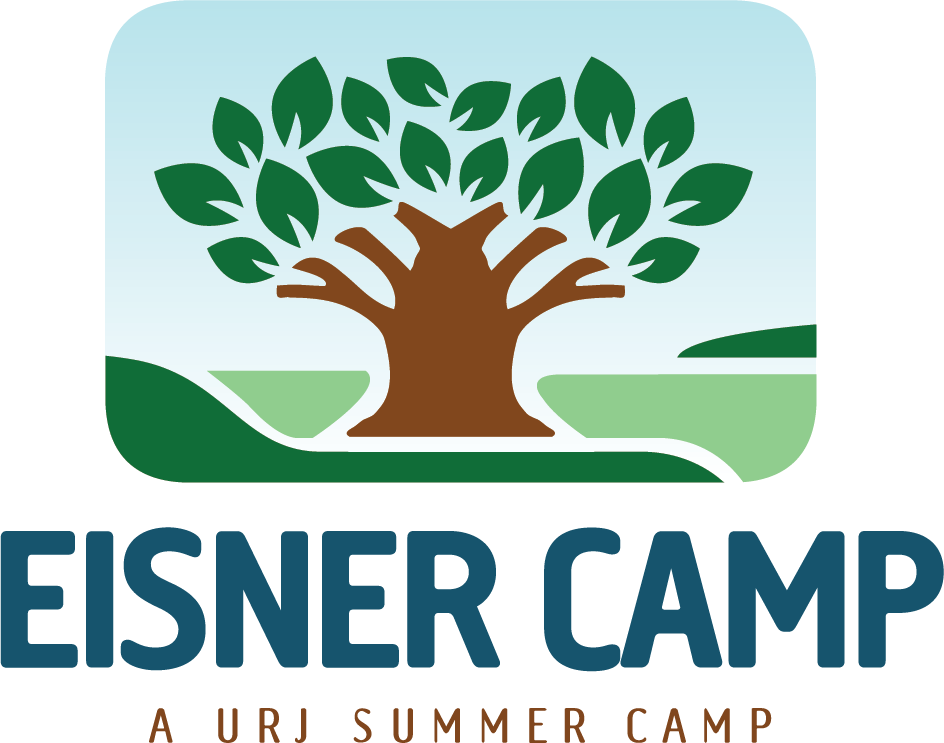It has been a tough two years since we were last at camp, and part of the healing that is taking place this summer is through campers telling the story of how they made it through. This week in Chalutzim, we learned about how in this week’s Torah portion, Moses tells the story of the Exodus from Egypt and revelation at Sinai to the Jewish people before they enter the Promised Land. At the time of the telling, this was not yet ancient history. So why should the people hear the story of the hardship and resilience they and their parents just experienced? Because the way we remember and understand our stories matters. As one of the authors of the books Raising Resilient Children and Tenacity in Children Dr. Robert Brooks explains, “While we did not have control over the emergence of COVID-19 …what we have more control over than we may realize is our attitude and response to the virus.” Resilient people adopt this attitude of “personal control,” and focus on what they can control in stressful situations.
In the time we have set aside each day for Jewish learning and worship, the campers have a chance to articulate how they perceive the events of their lives through a Jewish lens. Below is just one writing by our campers Tallulah, Anya, Naomi, and Morgan. They wrote these words to introduce the silent prayer on Friday night this week. We think they are a great example of how we can learn to understand experiences in a way that builds resilience.
Over this past year, it’s been hard to find gratitude because we’ve all gone through some hard times. We have had to change our perspective in many ways.
At home, it is very hard to find things to be grateful for when you are cooped up inside. Now that we are at camp and school has come to a close, we can find more things to pay gratitude towards.
For example, we are all sitting together at t’filah right now with our units. Not only do we get to see friends that we haven’t seen in two years, but we also get to share these special moments with them.
Still around the world, people are suffering from the pandemic. We are very fortunate to be here all together in this holy place.
Experiential Jewish learning is at least a two part process: experience plus reflection. When our campers share their reflections with the camp community in our Shabbat worship, they model how our heritage can build resilience by giving us all a productive and meaningful way to respond to challenges.
